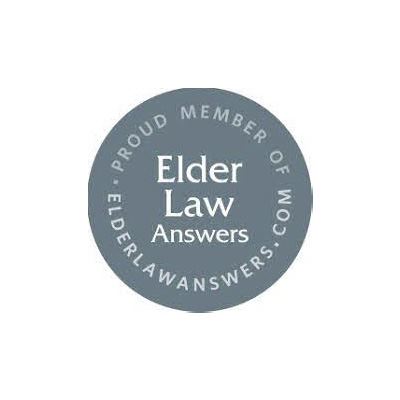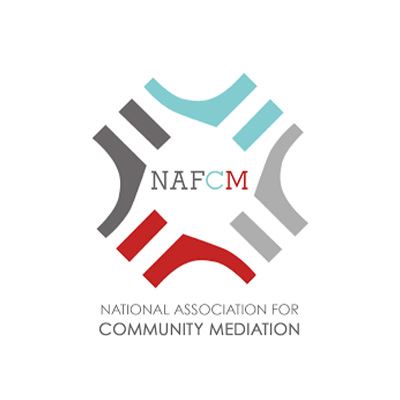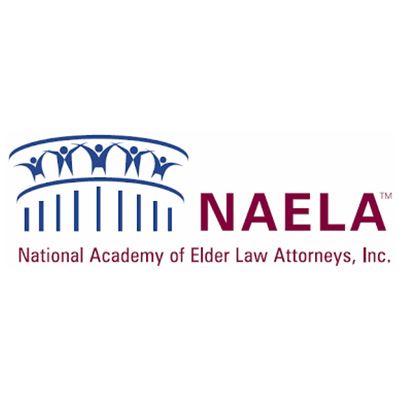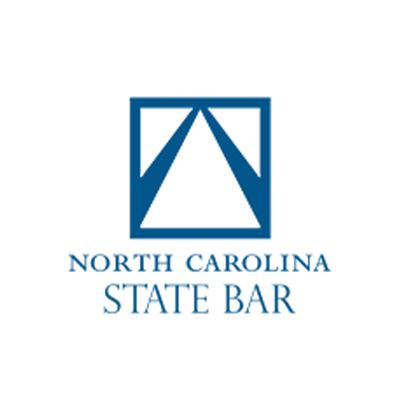
Charlotte Green Card Attorney
Serving Immigrants Throughout North Carolina
If you are an immigrant who wants to permanently live and work in the United States, you will need to obtain a green card, also known as a permanent residence card. After you are approved for a green card, you will have the right to travel freely and sponsor other family members who want to become permanent residents of the U.S. Perhaps of the greatest benefit of obtaining your green card is that you will become eligible to apply for U.S. citizenship!
How Do I Apply for a Green Card?
While the steps you have to take will vary depending on your situation, green card applicants generally must:
- Have another person file an immigrant petition on their behalf. This is commonly referred to as “sponsoring” or “petitioning.”
- If USCIS approves the immigrant petition, and there are still visas available in that category, the applicant must file a green card application with USCIS or a visa application with the U.S. Department of State.
- Go to a biometrics appointment to be photographed and fingerprinted.
- Attend an immigration interview with USCIS
The most common forms used to apply for green cards include:
- Petition for Alien Relative
- Immigrant Petition for Alien Worker
- Refugee/Asylee Relative Petition
- Application for Asylum and for Withholding of Removal
Family-Based Green Cards
Our legal team at the Law Office of Kelli Y. Allen, PLLC understands the importance of uniting families through immigration. We are also familiar with the many challenges that immigrant families currently face, which is why we are here to guide you and your loved ones through the entire process. We know that every green card case is unique, and we have the extensive resources and knowledge of the law that you need on your side to successfully petition for permanent residence.
The following people can apply for family-based green cards:
- Spouses of U.S. citizens
- Unmarried children under the age of 21 of U.S. citizens
- Parents of U.S. citizens who are at least 21 years old
- Unmarried sons or daughters of U.S. citizens who are 21 or older
- Married sons or daughters of U.S. citizens
- Brothers and sisters of U.S. citizens who are at least 21 years old
- Spouses of lawful permanent residents
- Unmarried children under the age of 21 of lawful permanent residents
- Unmarried sons or daughters of lawful permanent residents 21 years old or older
The chart below indicates which relatives may petition a lawful permanent resident petitioner (LPR). No other familial relationship allows for a U.S. citizen or LPR to petition for a relative. Note that the list is different depending upon whether the petitioner is a U.S. citizen or Lawful Permanent Resident.
Petitioner is a U.S. Citizen | Petitioner is an LPR |
|---|---|
| Spouse | Spouse |
| Parents (the US Citizen child must be 21 or older) | Unmarried children under 21 |
| Children of any age, whether married or unmarried (includes children adopted by the age of 16 and step-children acquired by the age of 18) | Children of any age, married or unmarried |
| Siblings, including half-siblings (the U.S. Citizen petitioner must be 21 or older) |
Although all of the above relationships qualify, they are broken into several preference categories and immediate relatives. The category determines how long the alien relative must wait for a visa number after the underlying petition is approved. Only immediate relatives are eligible to receive an immigrant visa without having to wait for an available number.
To qualify as an immediate relative, you must be the parent, spouse, or unmarried child under the age of 21, of a U.S. citizen. For immigration purposes, there is no such thing as an "immediate relative" of an LPR.

Whether you have questions or you're ready to get started, our legal team is ready to help. Complete our form below or call us at (704) 870-0340.
Employment-Based Green Cards
You can also have an employer sponsor you for a green card if you fall into one of the following categories:
- Employment First Preference (EB-1): For immigrants with extraordinary ability in the sciences, arts, education, business, or athletics. Outstanding professors and researchers, as well as certain executives and managers, are also eligible for the EB-1 visa.
- Employment Second Preference (EB-2): For professionals with advanced degrees or labor certification approved by the DOL.
- Employment Third Preference (EB-3): For skilled workers and professionals with baccalaureate degrees.
- Employment Fourth Preference (EB-4): For special immigrants, such as broadcasters, ministers of religion, and certain employees serving the U.S government abroad.
- Employment Fifth Preference (EB-5): For immigrants who want to invest between $500,000 and $1,000,000 in a U.S.-based enterprise.
Our Knowledgeable Legal Team Can Assist You
No matter what your situation might be, you can trust that our seasoned legal professionals at the Law Office of Kelli Y. Allen, PLLC will stand by your side and provide you with the help you need each step of the way. We represent clients throughout Charlotte, and we are here to answer all of your questions and concerns.
Give Law Office of Kelli Y. Allen, PLLC a call at (704) 870-0340 to schedule a consultation with a member of our team.

Real Testimonials, Real Cases
-
"I highly recommend Kelli Y Allen Law."A.S.
-
"I will be forever grateful. Thank you, thank you, thank you."P.P.
-
Excellent & welcoming team!
Ryan Sweeny








